You come across a group of intimidating Githyanki on a bridge you need to cross; their menacing presence carried entirely because of the enormous red dragon by their side. You start speaking with them and need to pass a persuasion check to not have a fight you don’t want kick off. You roll the die and breathe a sigh of relief when you pass. But there’s another check. You pass again. An unexpected third check this time and you pass, but just barely. You think you’re in the clear when a fourth check rears its ugly head and you critically fail it. It’s at that point where you decide whether to accept your fate and stick with the fight forced upon you or to turn to the dark ways of save-scumming.
Baldur’s Gate 3
Developer: Larian Studios
Price: $60
Platform: PC (Steam, Stadia, GoG)
MonsterVine was supplied with a PC code for preview
That’s a good bulk of the Baldur’s Gate 3 experience summed up as succinctly as I could. You start the game as any good RPG does: a confused non-speaking blank slate who wakes up in a perilous situation. Some mind flayers (think humanoid Cthulhu looking things) have infected you with a virus that’s going to violently turn you into one of their kind and after escaping them, you and your band of optimistic companions set out to find a cure for your situation.
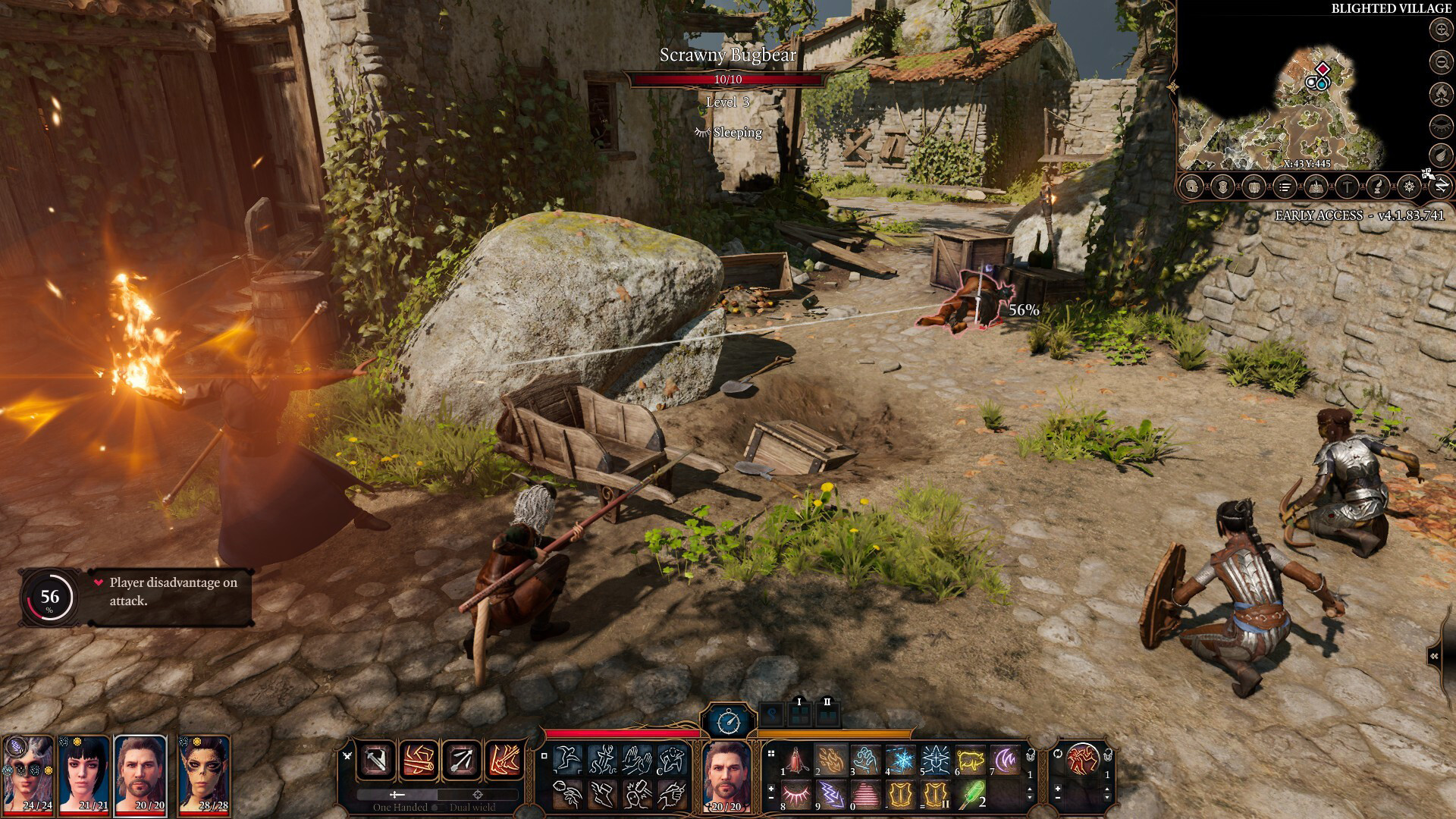
As someone who’s been in and out of various RPGs over the past few years, it’s a lot of fun to be back in the Forgotten Realms universe, but damn is it a grim place. In my time with the early access build I can’t recall a single moment where I laughed as my characters moved from one bleak encounter to the next; It all almost feels like that guy who just got introduced to Dungeons & Dragons and decided their first campaign is going to be all grimdark and edgy. Everyone is just having an absolutely miserable time from religious goblins wanting to massacre a group of refugees to an entire town being burned to the ground. Adding on top of that is the fact that all of your companions (besides one, but he does have his moments) are the most snide fucks I’ve had in a game. They’re always jeering at whatever you do in this approval system that’s just frustrating. You’ll get near constant disapproval for seemingly random things, which is made extra maddening when you gain disapproval because you failed a roll with a separate NPC. Adding to this is that you can gain or lose approval points with companions who aren’t even in your current party. Left the guy who wants to slaughter all the Goblins back at your camp so you’d be free to find a friendly way to deal with the goblins that won’t involve a bloodbath? Too bad, he somehow can see everything you’ve done and has some words for you back at camp.
If you’re coming into Baldur’s Gate 3 expecting something similar to Larian’s phenomenal Divinity: Original Sin series please allow me to stop you before you continue any further. Baldur’s Gate 3 is an entirely different beast of a game to the point where things you liked in Divinity could likely be a reason to not like Baldur’s Gate 3.
Unlike Divinity’s homebrew system, Baldur’s Gate 3 is running off the fifth edition of Dungeons & Dragons with some slight tweaks here and there. For DnD fans this is I’m sure great news, but unfortunately this leads to a situation where the game just assumes you know this system, as it doesn’t explain too much for what’s such a drastic change from what people expect of typical gaming RPGs. Even as someone who has played DnD for years (and still somehow has a loose concept of the rules after all this time much to the irritation of my DM), Baldur’s Gate 3 can be a jarring experience.
It’s very unlike RPGs in the modern age, where you assign your points into a stat at each level up and directly see the results of the path you’re taking in your chosen playstyle. Or how you’ll loot a defeated enemy and compare numbers on the sword you found with the one you currently have to see which is better. Instead, here you’ll likely ignore every piece of loot that drops because it’s all literally the same item because you won’t find things like a “40ATK Axe”, but instead things like a “1d6 Sword”. You’ll get into a fight and not really feel like you earned anything because the loot you found is only worth selling unless you fought a boss character, because then they might have a magical weapon (which actually offer bonuses compared to normal gear).
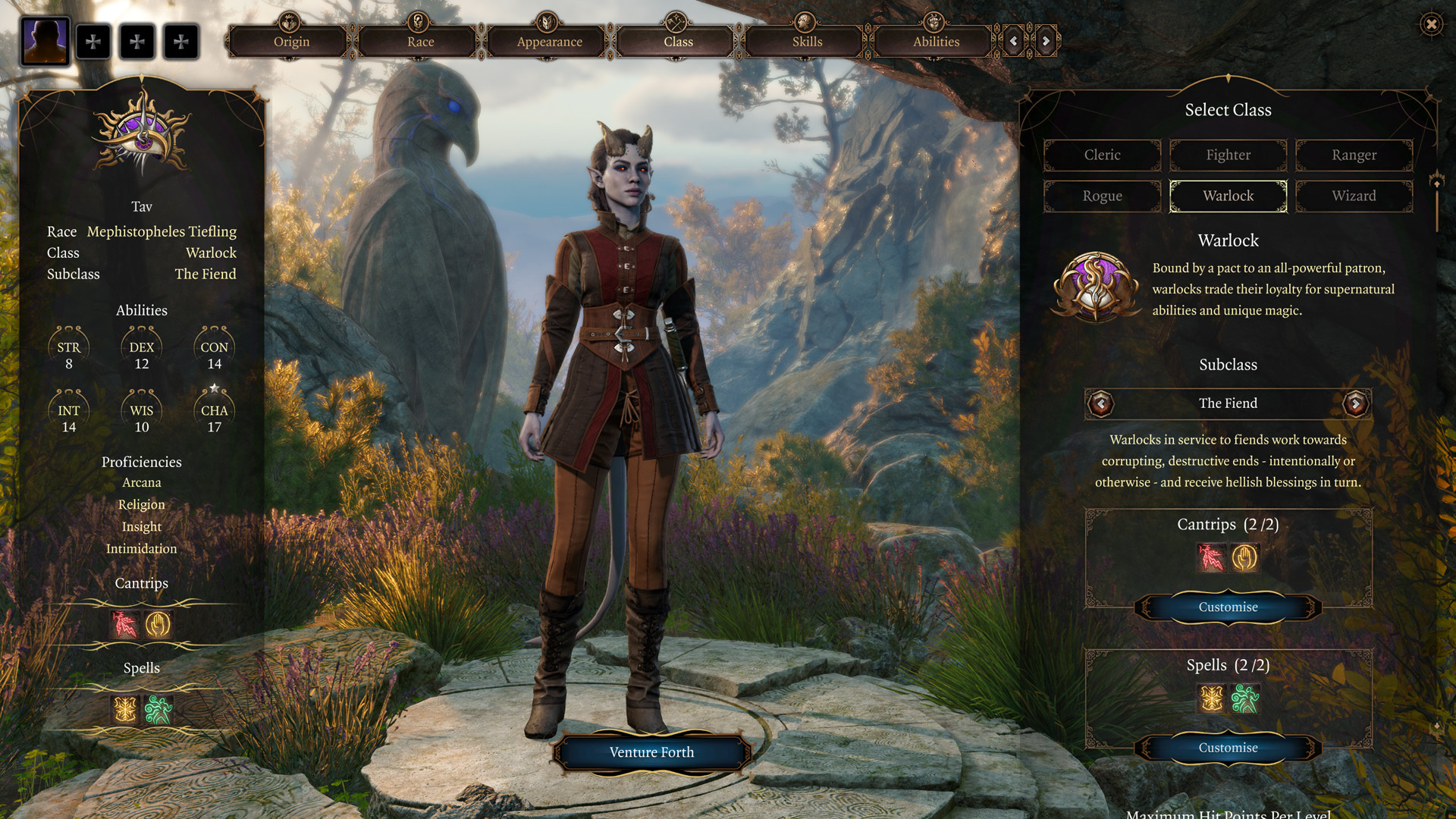
In Divinity’s case (which most Baldur’s Gate 3 players are likely coming from) you have the entirety of the skill library available for you to look at right from the start so you can meticulously plan your build from the get-go; also helped in part by a respect system that lets you redo all your character’s stats at a whim to truly indulge in experimentation (something that’s sorely missing from Baldur’s Gate 3).
For newcomers, there’s no real sense of progression as you pick a class and have no clue which direction it’s going to go. You level up and have points and skills automatically assigned to you and you don’t know why. Veteran DnD players who are familiar with the system know how varied the class system can get (much later down the line) but newer players kind of have to sit there and hope the choices they’re making aren’t going to screw them over 10 or 15 hours down the road. For example, when you level up your rogue, you’re at one point asked to specialize into the thief or arcane trickster subclass. I’ve played enough DnD to know what direction both subclasses are going, and I can make a logical pick as to which I wanted. But newcomers are left utterly clueless in what could be a permanent decision. This decision is made even more grave when you consider the fact that when you play DnD, you go into your character creation already knowing what class and subclass you plan to spec into. So let’s say that new player picked arcane trickster cause they figured “well okay, thief plus magic sounds fun,” but the way they set up their character at the beginning is better tuned for a traditional thief, not for a future arcane trickster. This player now has a potentially gimped character that’s going to perform poorly and the player isn’t going to know why. I’m not saying this game should hold your hand, but when the overwhelming entirety of RPGs have functioned a certain way, and you’re going to do something completely leftfield, then it might be in your player’s best interest to ease them into things.
People not familiar with DnD will also be introduced to spell slots. Each character has a certain number of slots to perform magical skills and once you’re out, you’re out until you rest. In an in-person DnD session, a short rest is anytime your characters are out of combat for a few hours while a long rest involves making camp and sleeping. Baldur’s Gate 3 tries to replicate this by simply having a button you can press to initiate a short rest that will recover some of your HP and some spell slots. You can initiate this whenever — even between fights in a dungeon which is a pretty generous interpretation of that rule. Long rests, however, involve teleporting over to your camp which functions as a sort of hub base for you and is the main point I wanted to get to in this long-winded sort of way.
So your camp is where you can rest to fully recover, spending the night to sleep until the next morning (even though there’s no day/night cycle), but you will also do a lot of your character building there too. Companions recruited on your journey will have much to talk about with you at camp, and an interesting inclusion is a sort of base building element where you can invite major NPCs to join your camp where you can see them for various needs. The idea of growing your camp into a community is an interesting one I’m eager to see more of when the rest of the game drops.
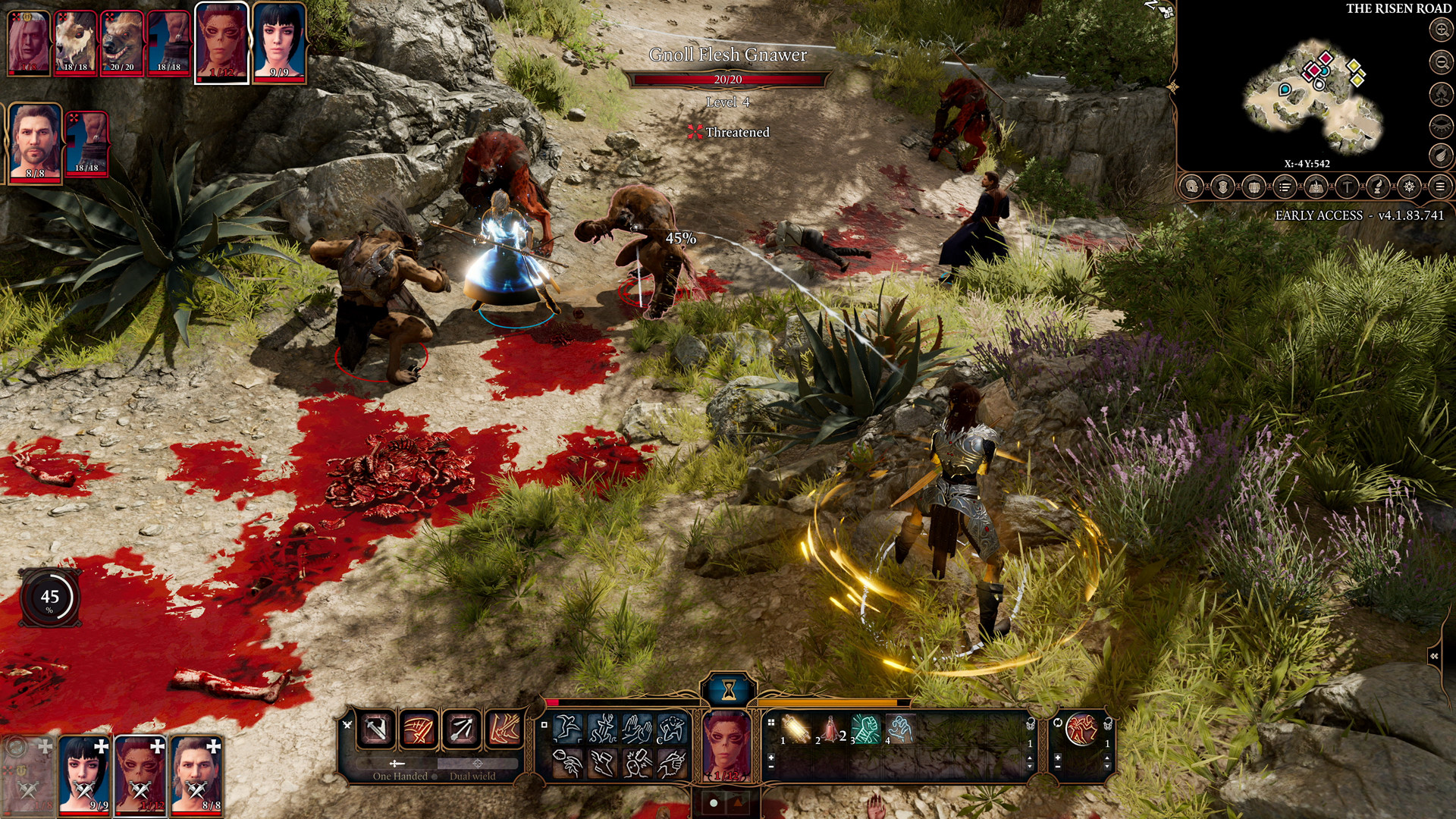
The camp is both interesting and frustrating at the same time, however. Off the bat I realized quickly you can teleport to camp for a free recovery whenever and wherever you want. I thought for sure you’d maybe be limited to having to be outside to set up camp, but nope. I was neck deep in a goblin stronghold when I decided to try setting up camp to recover all my health/spells, and would you look at that? It worked. I’m not a game designer: I don’t know things about how to balance this camp mechanic, but it comes off as a cheap element that sullies any sort of strategy that should be in this game.
On the other end of the spectrum, the camp also infuriates me because it deals in archaic game design. You’ve got a party of four characters (including your original person) so anyone not currently in your party stays at camp. Now when you’re out in the open world it would make sense that you can’t mess with the equipment of anyone who’s not currently in the party, but I feel like that shouldn’t be the case once you return to camp. At camp you still can’t mess with the equipment or character screen of anyone who’s not in your party which means you have to play this game of shuffling characters in and out of your party whenever you need to do some party management. Have a cool axe for your elf buddy that you want them to have, but don’t want to bring them into your party right now? First you need to head to camp, then kick one of the people currently in your party out, invite the elf in, equip the axe on them, and now kick them out of the party so you can re-invite the character you actually want on your current team. It’s such a clunky system I genuinely don’t understand how it was designed that way.
After rattling on for this long, talking more about the actual game would probably be a good idea. So the current build of Baldur’s Gate 3 includes Act 1 of the campaign and a decent chunk of the (first?) map. The build will obviously cut you off at a certain point and you can’t enter some areas because they haven’t been added in yet. Besides that you’ve got free rein to explore however you want. Because it’s the most obvious reference, if you’ve played Divinity: Original Sin then you know what to expect here in regards to the game having a “linear” open world. The map is decently large with various paths to take to places, but once you clear out an area of either the enemies or quests that fill it, you’re pretty much done with that zone. Enemies don’t respawn, so get your XP while you can get it. Battles themselves are turn-based affairs where again, since this is based on DnD rules means it plays very differently from traditional gaming RPGs. For starters each character has a single action they can do (like attack) and a bonus action (like jump somewhere). Battles are very positional heavy in that you need to be constantly putting yourself in positions where you’ll be able to roll with advantage against an enemy, be it from getting the high ground or sneaking up behind them. You can even shove characters, which is very funny anytime to do so against an enemy into a bottomless pit and less so when you stupidly put yourself next to a hole and see the same happen to you.
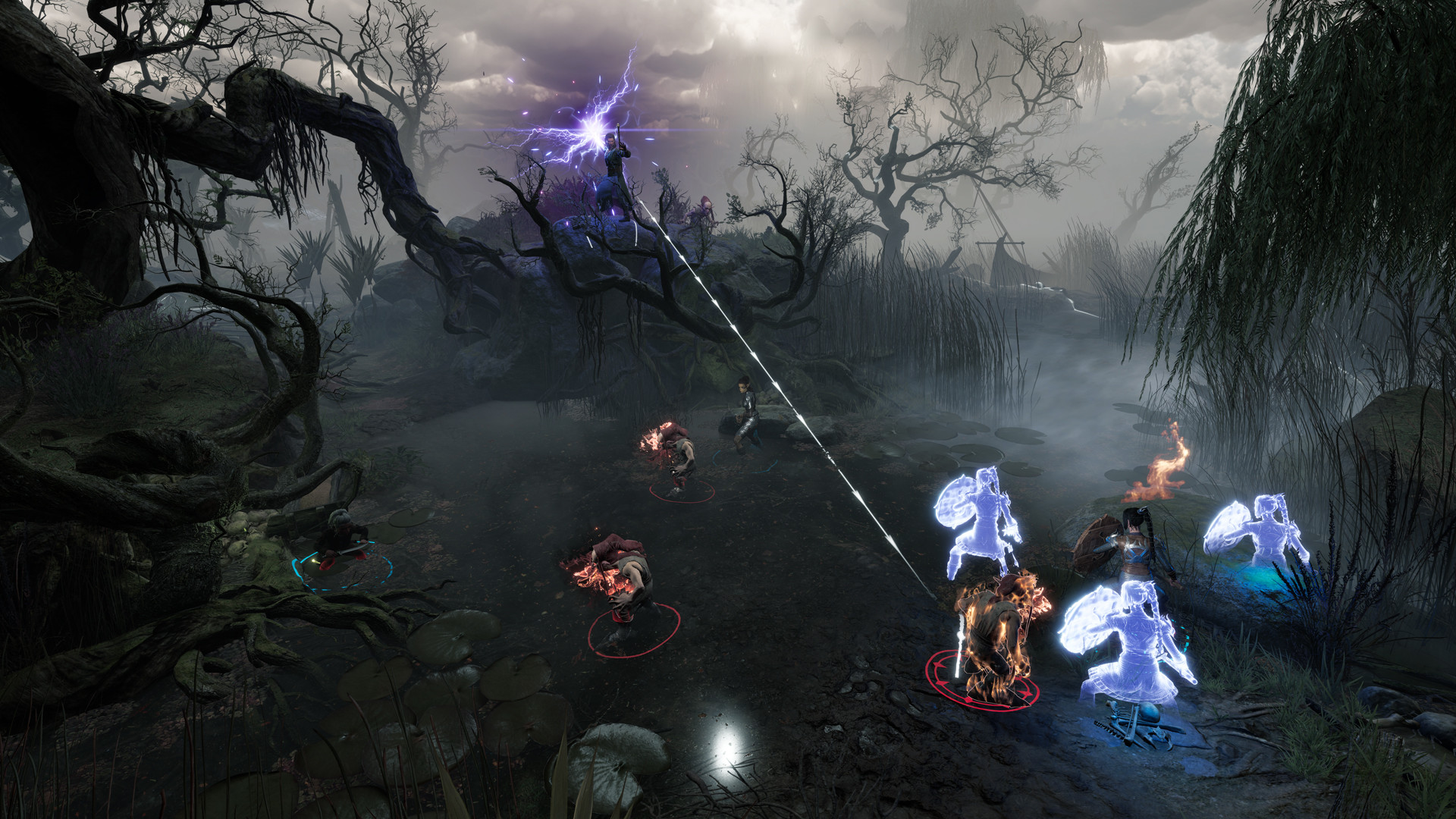
Fighting itself is decided by the almighty dice gods. You roll a d20 (twenty sided die) to first determine if you’ll even hit the enemy (everyone has an armor rating, so if a goblin has a rating of 15 you need to roll at least a 15 to hit them) and then roll another die (dependent on what weapon type you have) to see how much damage you’ll do. You’ll also submit to the dice during conversations as you may need to roll persuasion to convince a guard to let you through, or even while out in the world your characters may automatically roll dice checks to see if they notice something. Now this may be a bit of a nitpick, but I do wish the dice checks your characters will do on their own while exploring showed up in the (very useful) battle log. Like any normal isometric RPG player, you rarely have the camera on your character as they’re moving, but ahead of them so you can be clicking to keep them moving forward. Many times, my characters would roll a check on their own, but because I wasn’t looking at them at the time, I’m not sure what they ran the check against. Was there a trap somewhere? Is there a secret button to open a door? I don’t know.
Another nitpick (even more minor this time but this post is so long at this point who cares) I have is how underwhelming getting a natural 20 (an auto success) feels. During combat if you roll a 20 on your attack (which will score you double damage) a golden 20 die will appear in a “blink and you miss it” animation that almost seems like you failed because the die is dramatically sliced in half during the animation. Rolling a 20 is a table roaring moment during a DnD session but in Baldur’s Gate 3, it’s more of a whimper.
I’ve also got issues with the dice rolls in general. Getting good dice to play DnD with is instrumental to the experience. You don’t want a pair of dice that aren’t balanced properly, and thus giving you weighted results. As Thanos said, all things must be perfectly balanced. Baldur’s Gate 3 doesn’t feel perfectly balanced though. Rolls in general seem to skew heavily to lower numbers and attacks always seem to miss a suspicious amount of times. I decided to test this out in a combat encounter I got into. It was even ground against a basic goblin who had 16 AC, not super high but not nothing either. My fighter (for some reason) had a 45 percent hit chance against it so what I did was save my game right there and reload it a dozen times to see how many of those attacks would hit. The answer was only one. I’m not going to try to claim to be an expert in probability, but this seems a bit silly and reminds me of XCOM hit percentages. I did the same for a persuasion check in a conversation and had similar results, failing the check (with my high persuasion character) way more often than I’d pass it. The dice checks in conversations in particular feel like they purposely roll low numbers during pivotal moments for forced drama. Obviously it could just be that I just have incredibly bad luck, but I paid enough attention in math to figure that’s likely not the case.
Other than combat, you’ll explore the world of Baldur’s Gate 3, and boy are there nooks and crannies to peek your head into. An unsuspecting side path could reveal a useful path into an enemy encampment you didn’t even know you needed, or a secret door can reveal the true intentions of a character you were just talking to. There’s a lot to do in this game, and even more people to speak to that it can even get a bit overwhelming at times as it can be difficult to parse at a glance which NPCs are worth talking to and which will just give you a boilerplate piece of dialog before telling you to piss off. Something I do hope we see is a return of Divinity’s game master mode, where you could craft your own digital version of a tabletop campaign to run players through. I miss being able to meet for sessions pre-COVID, so a way to digitally recreate the experience would be much appreciated in the era of the coronavirus.
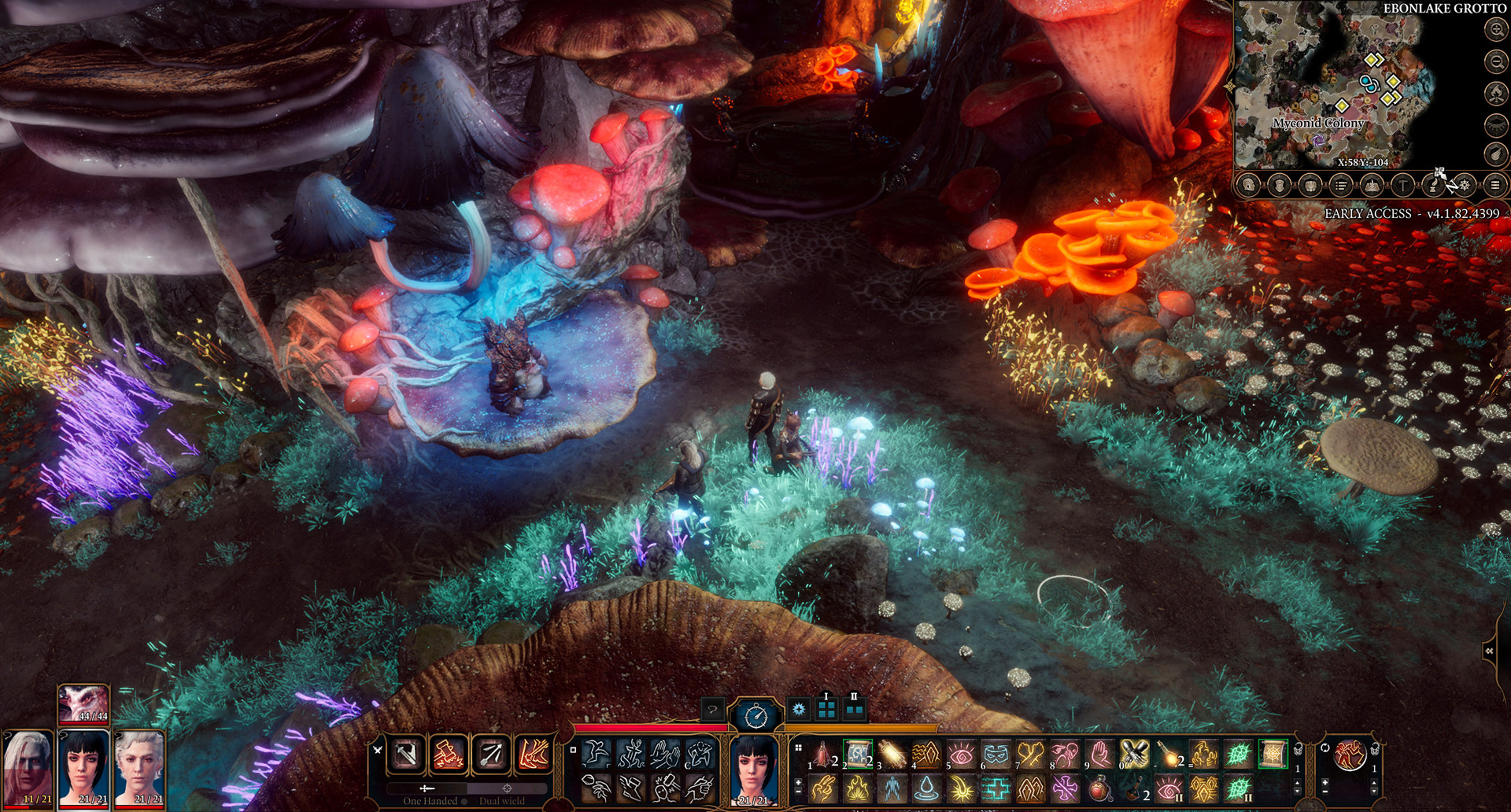
Being in early access, you never know what sort of technical quality to expect in a game. Some might be in genuine alpha status, while others are nearer to their final build. Baldur’s Gate 3 leans more to the former as it is very much what you would expect out of an early access game in that it’s particularly rough not just around the edges but all over. You’ll see things like NPCs appearing in your camp when they’re not supposed to and having conversations with other NPCs who aren’t there, characters going in and out of T-poses, story companions glitching during combat encounters where they’ll just skip their turn each time, and moments like your characters not able to enter a combat encounter even though they’re in the middle of a fight. Cutscenes are particularly rough with textures that won’t fully load, lips and facial animations that won’t kick in, characters that teleport into each other, and the various types of audio glitches that occur. And I’m not even mentioning the myriad smaller glitches like UI elements acting funky. Suffice it to say, if you’re not a fan of playing through a game that’s early in its development I’d stay very far away from Baldur’s Gate 3 until it’s closer to release.
Baldur’s Gate 3 feels like it’s going to be a great game when it’s completed, but in its current state it’s merely an interesting promise.


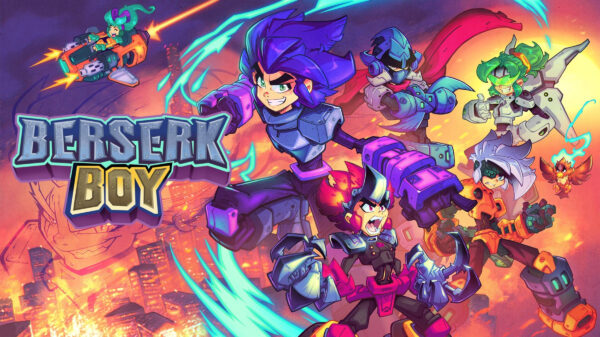

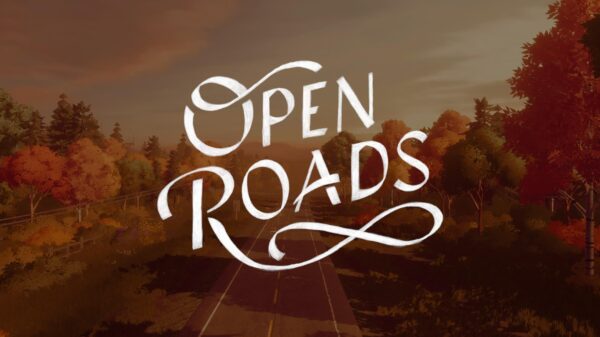
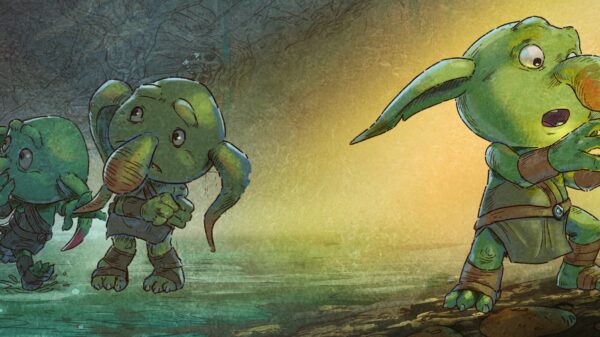





















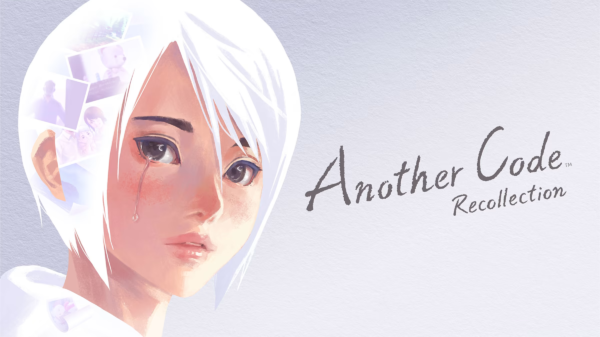
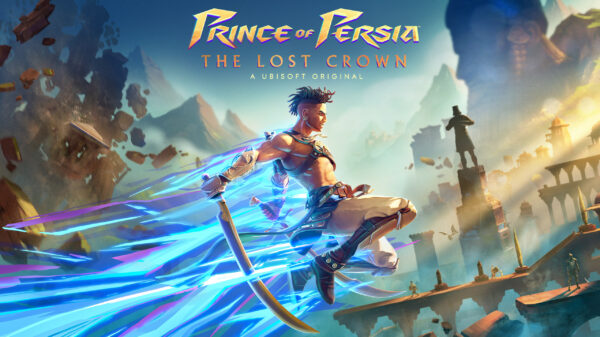


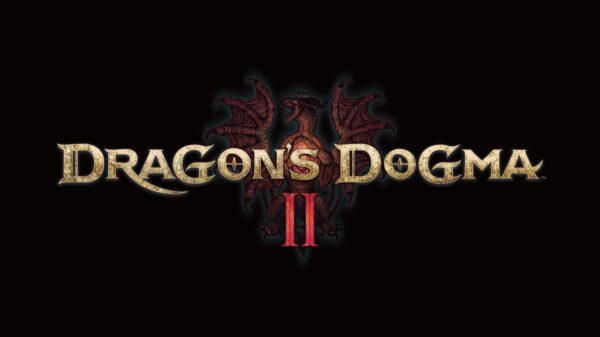
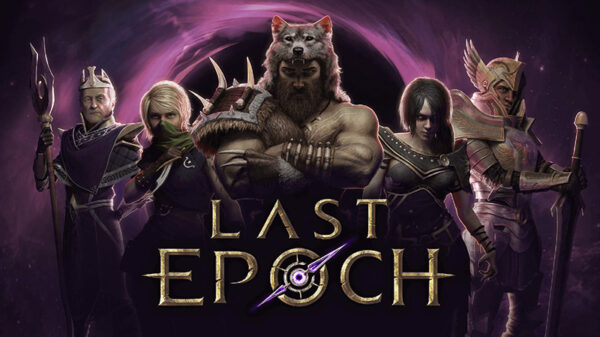































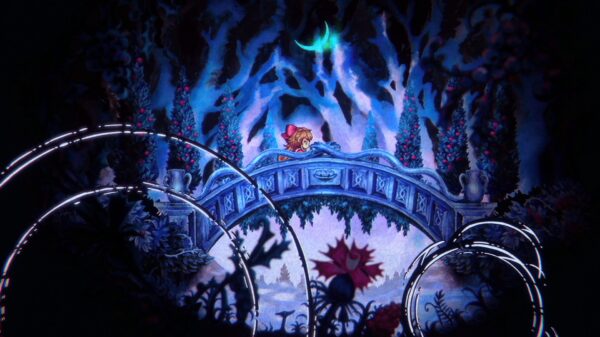
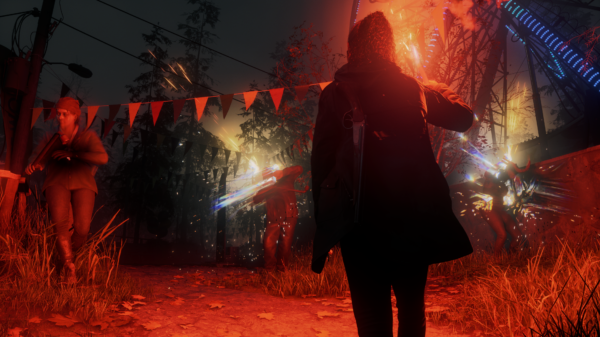




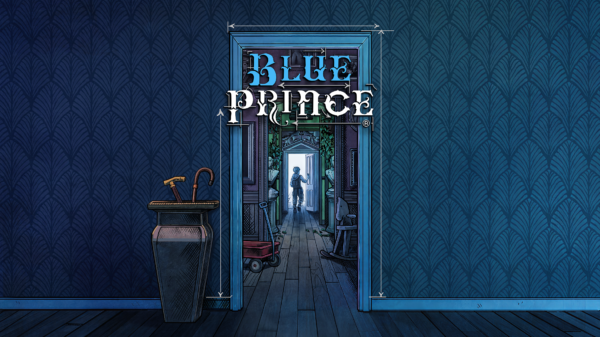
























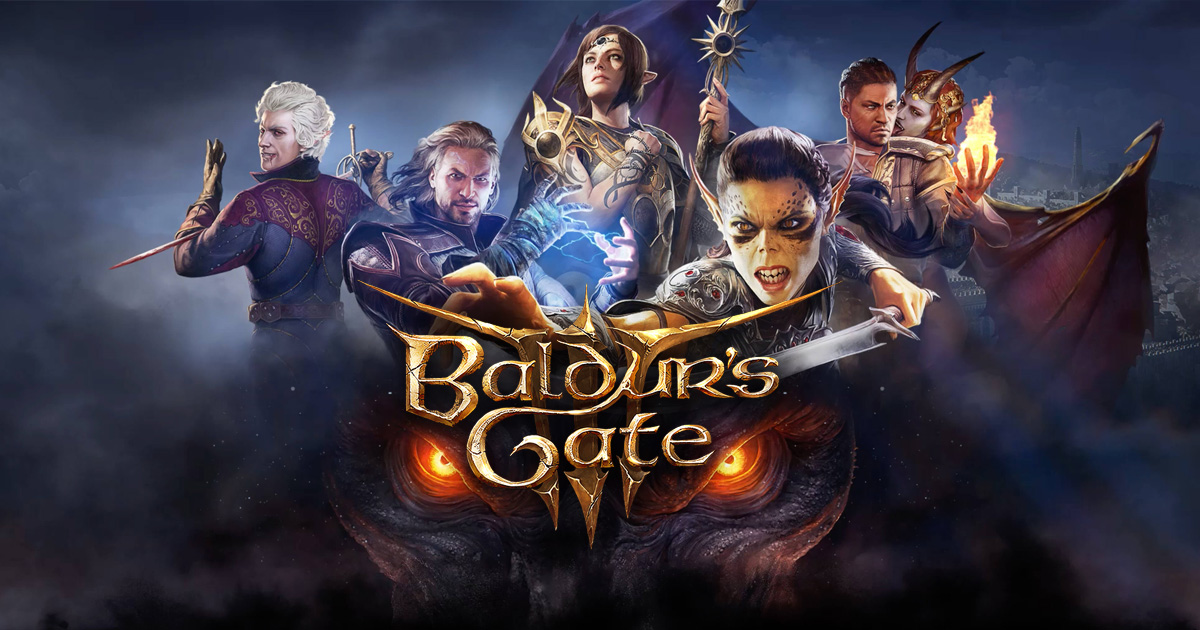



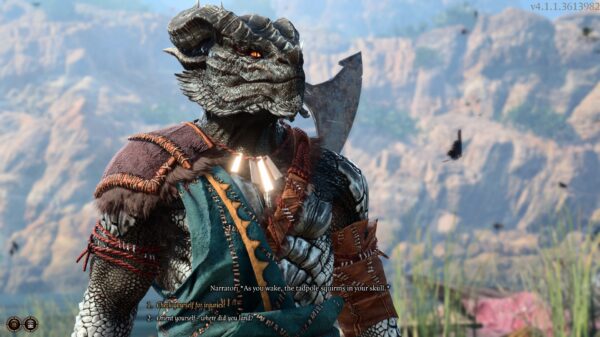

Elizabeth Jones Myers
November 25, 2020 at 12:07 am
Thank you for giving us information about Baldurs gate 3. I hope this article will guide a gamer like me in the future.